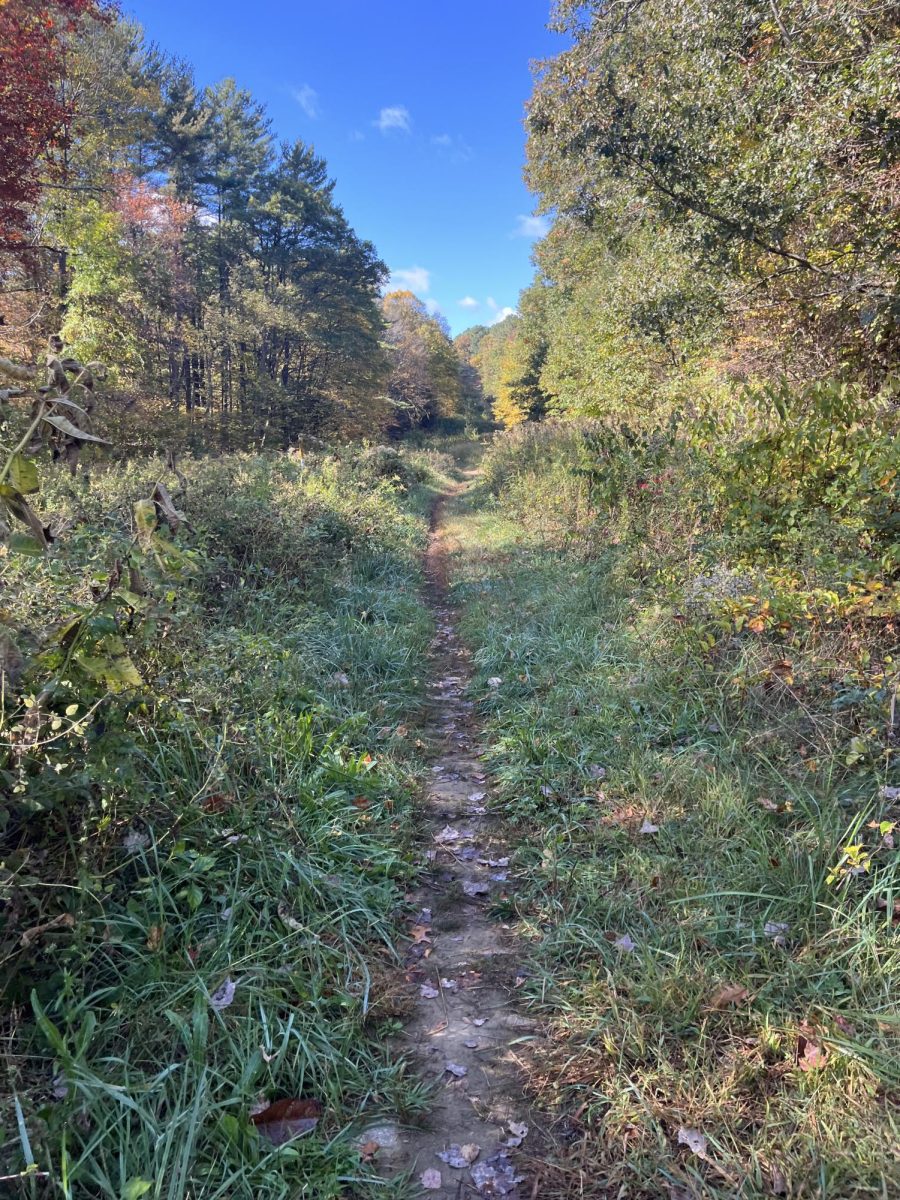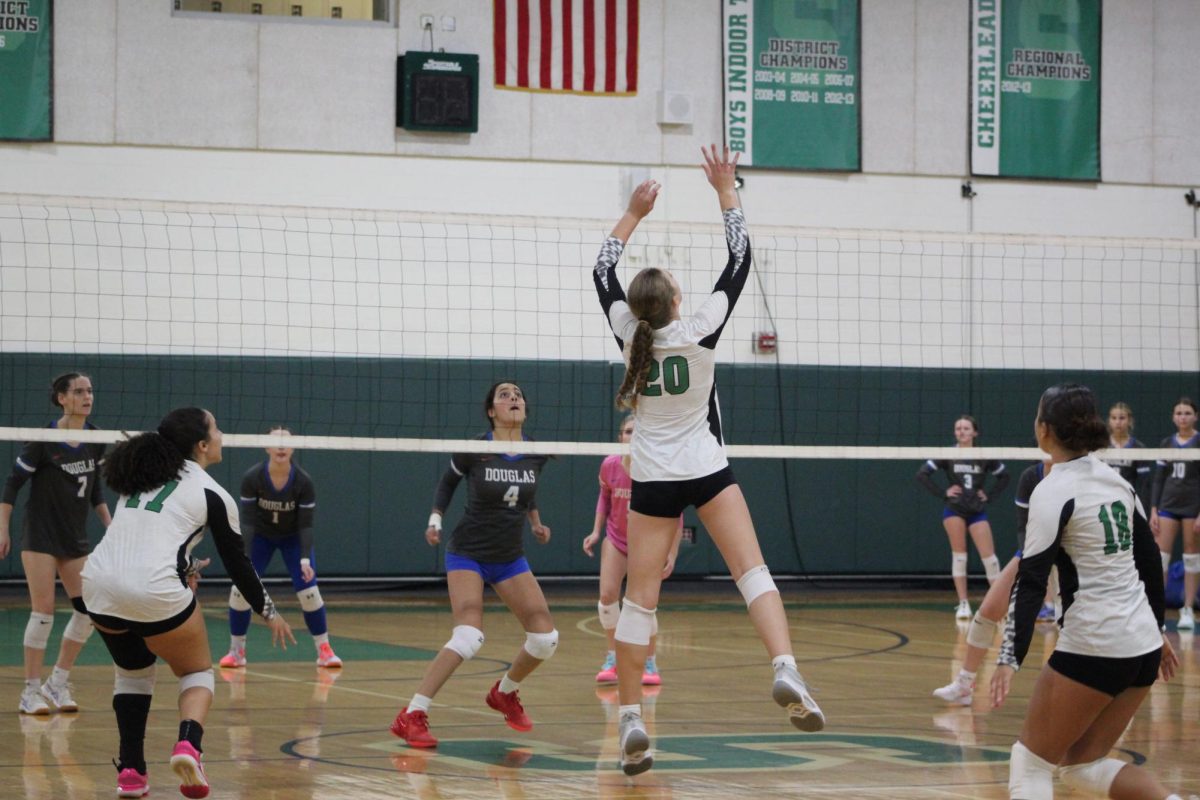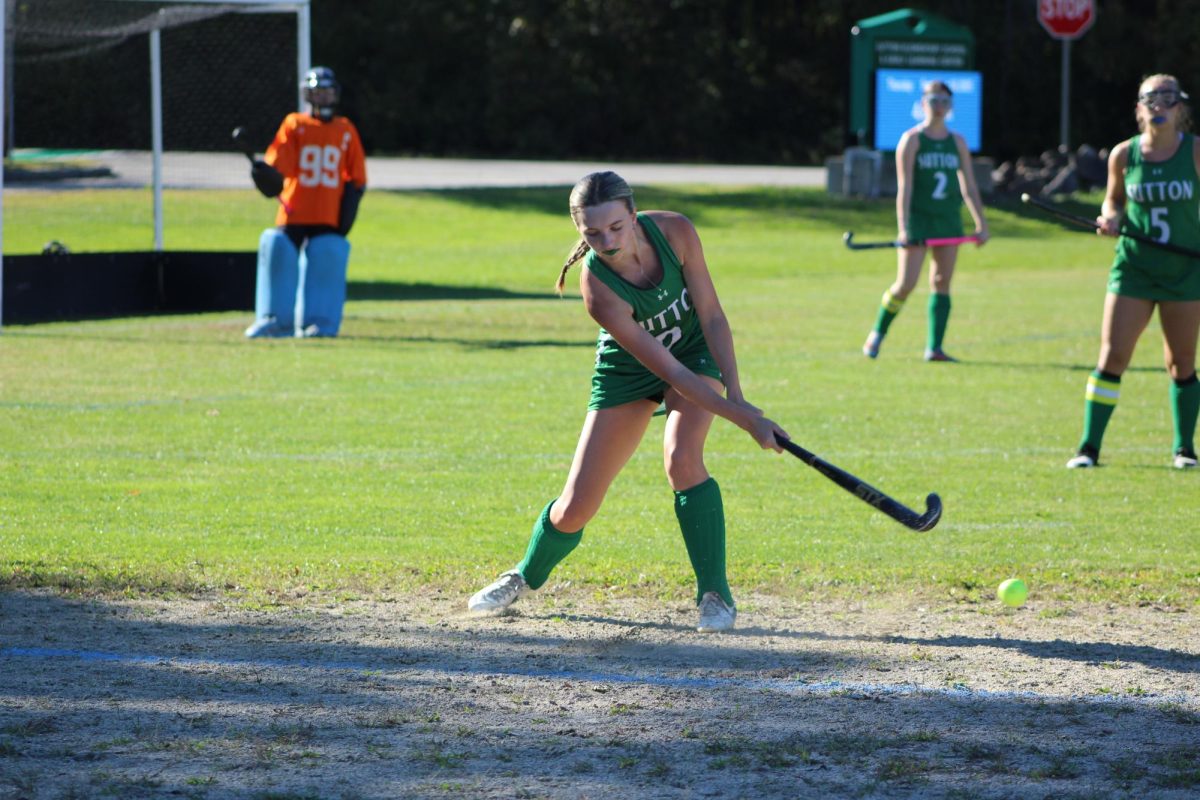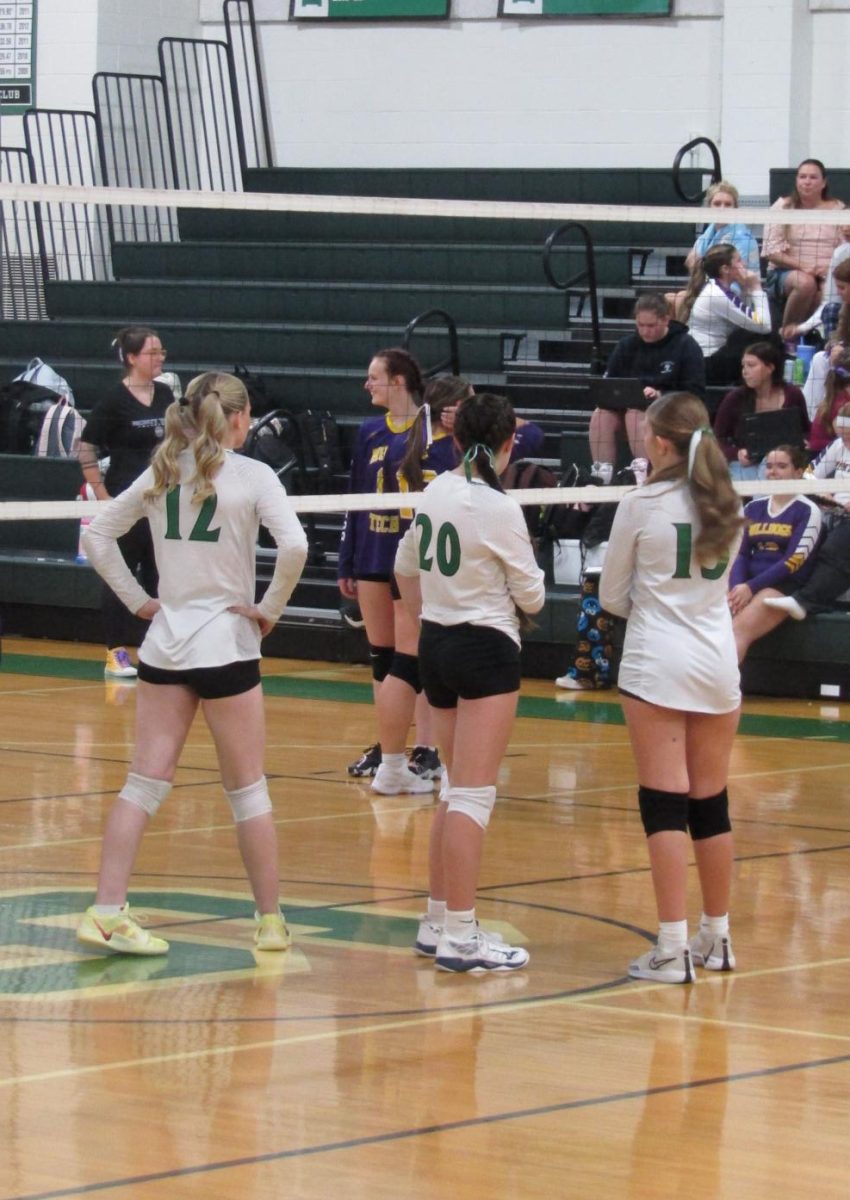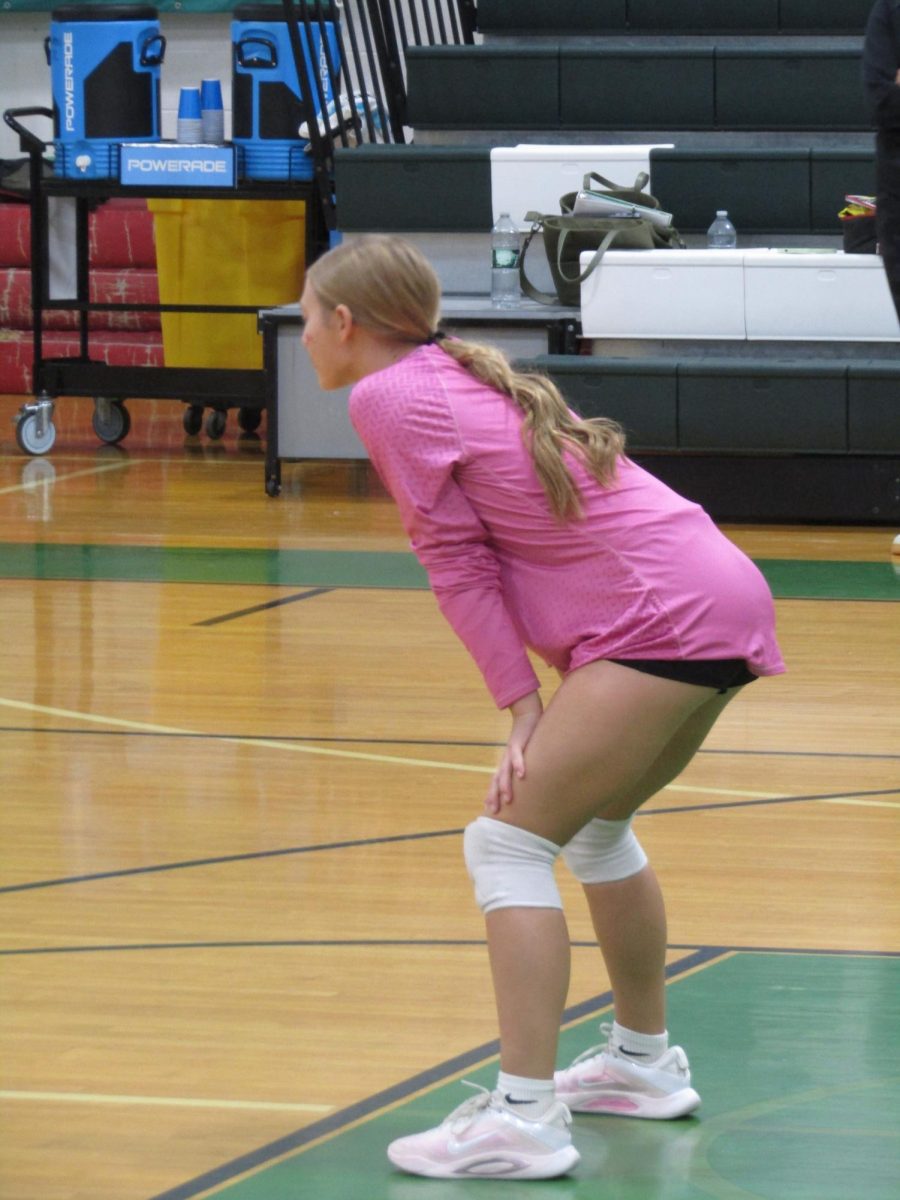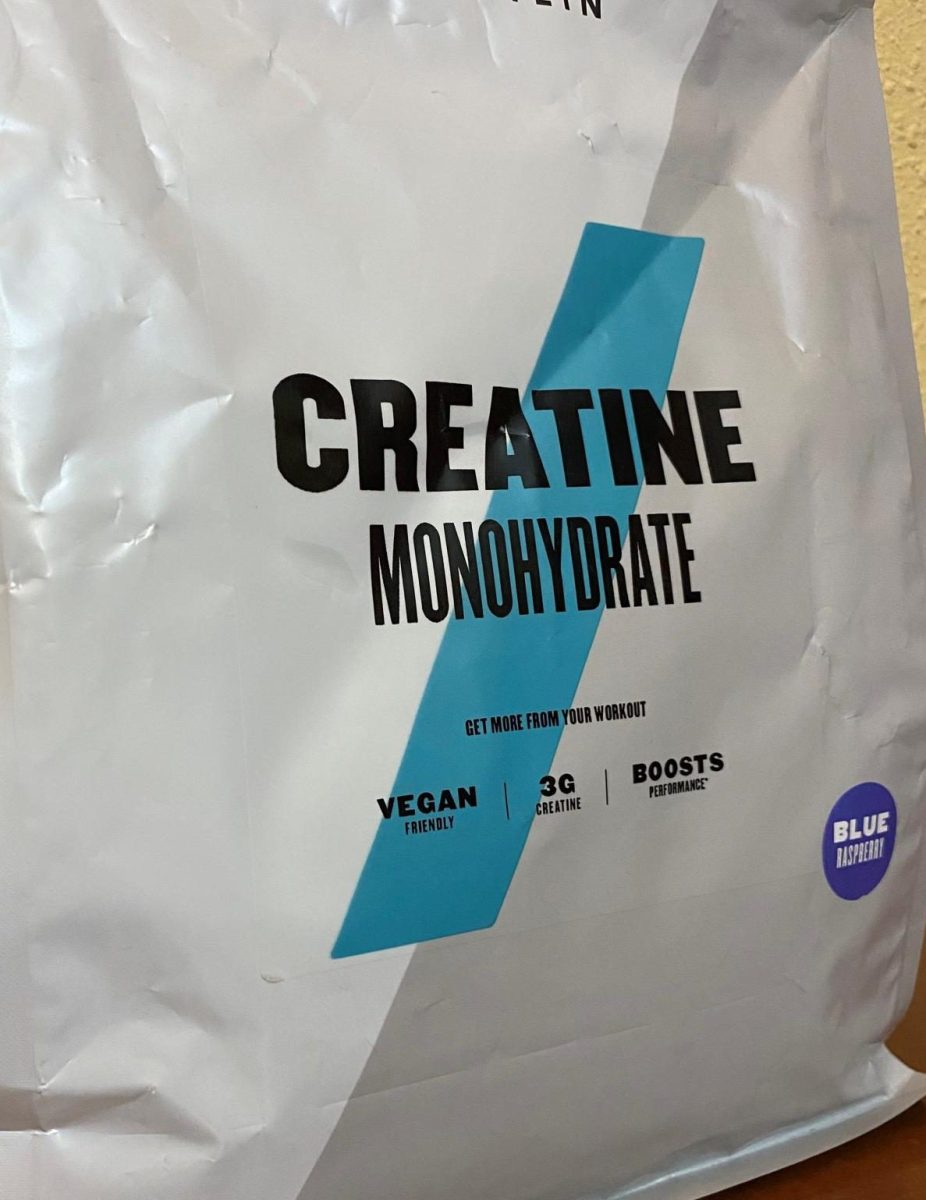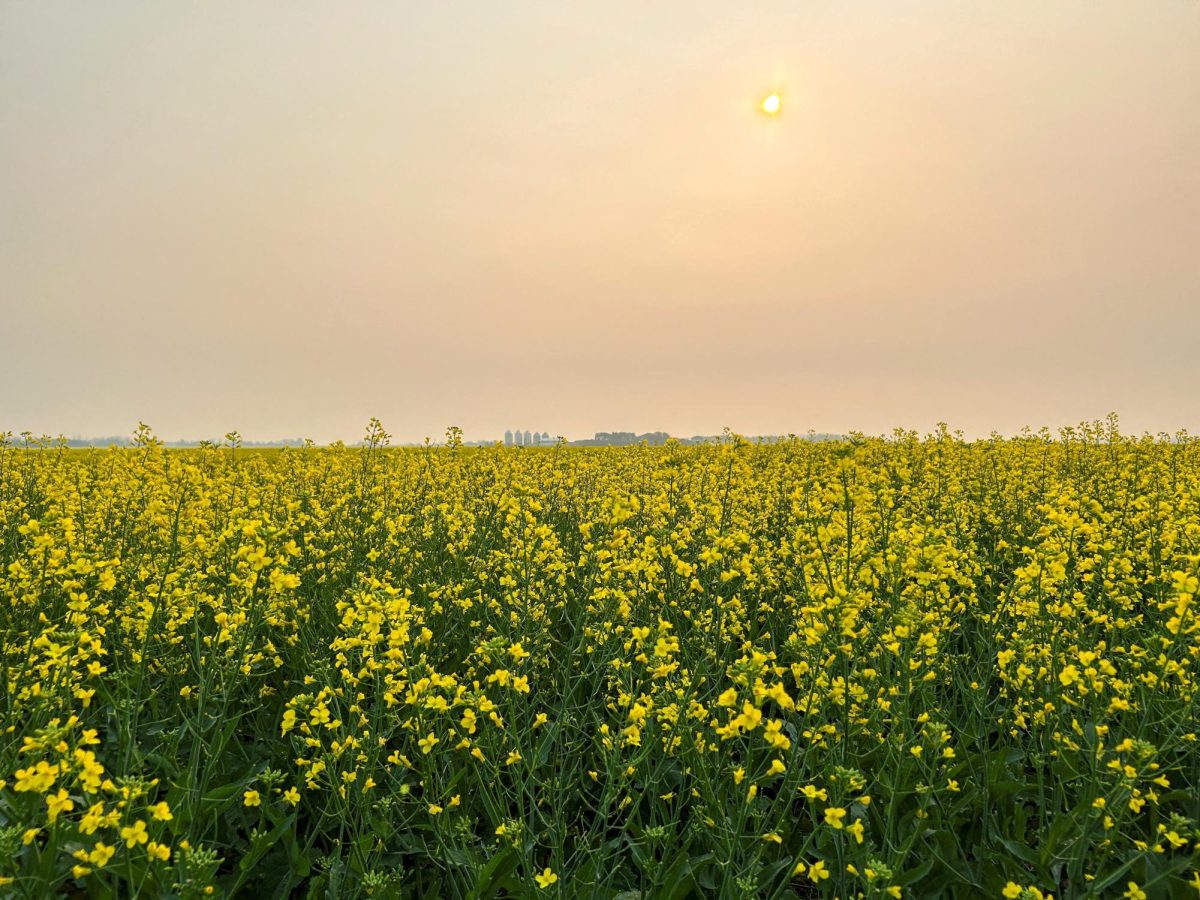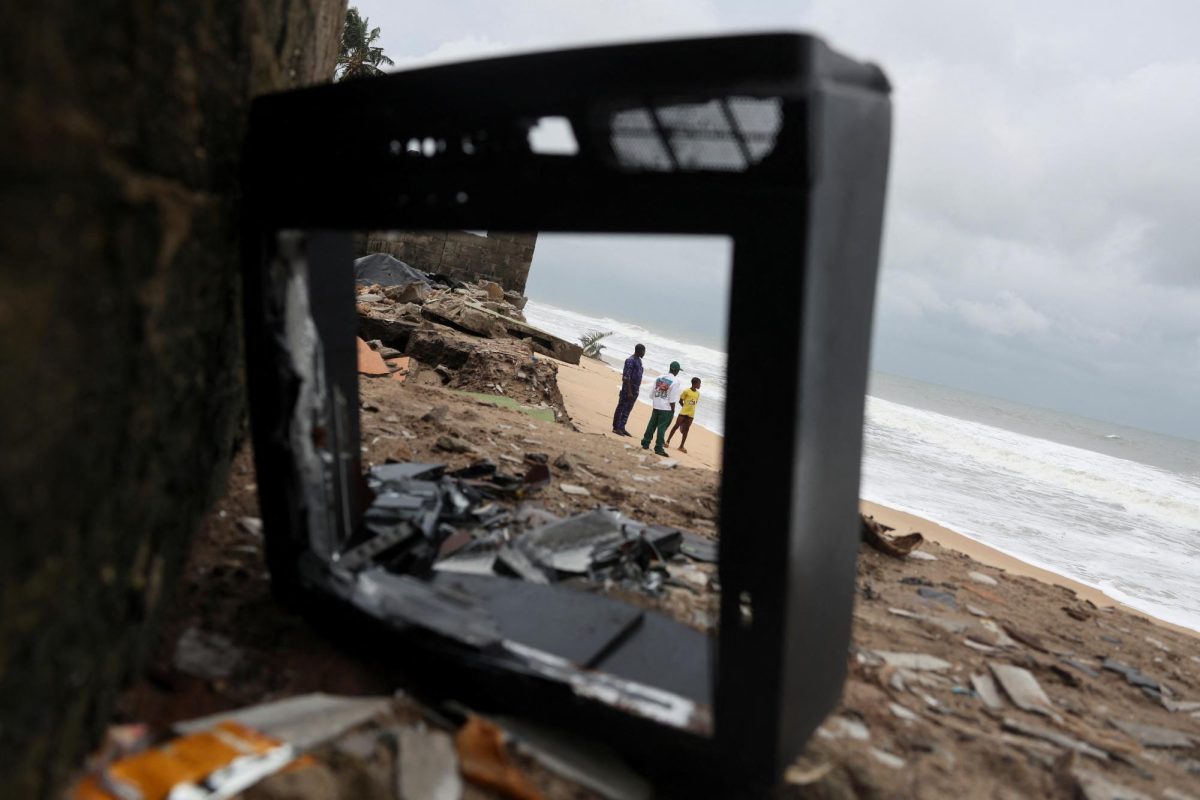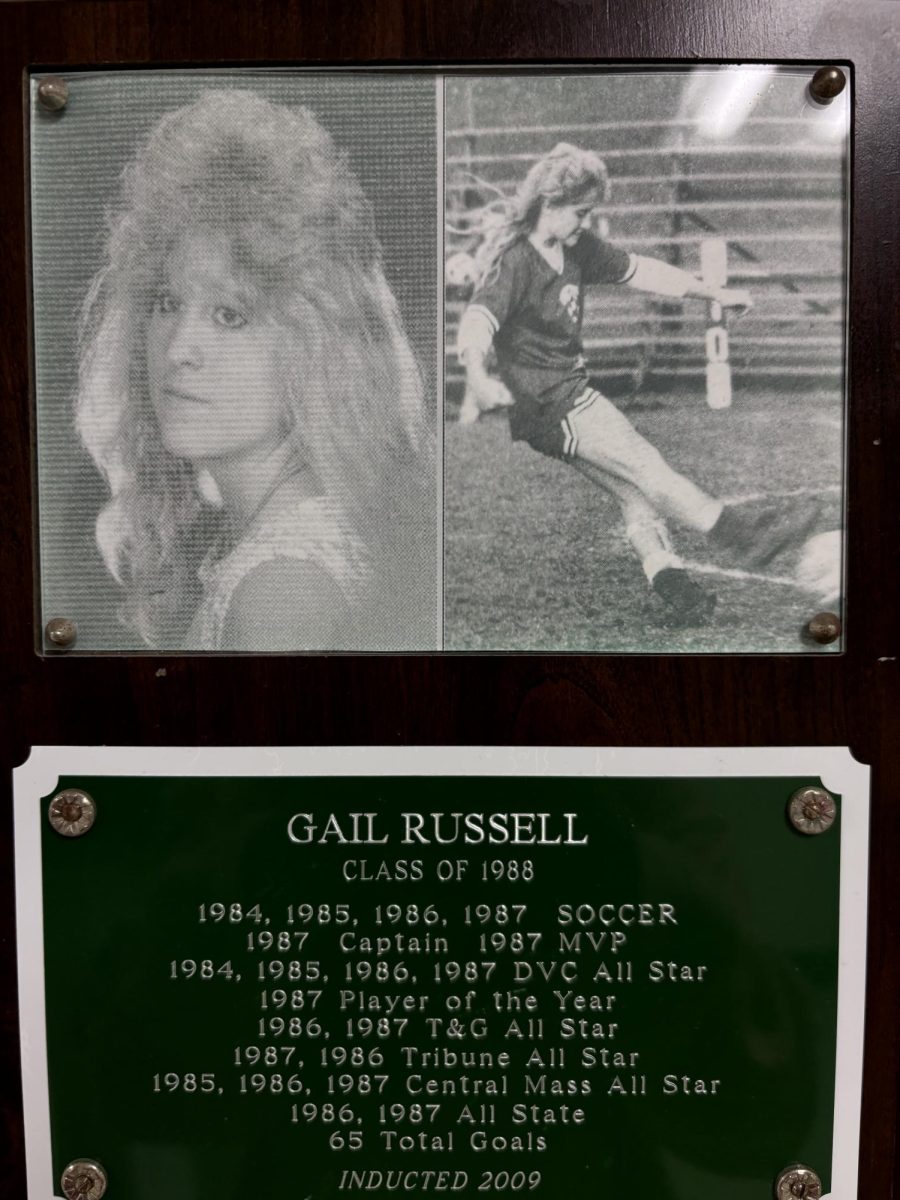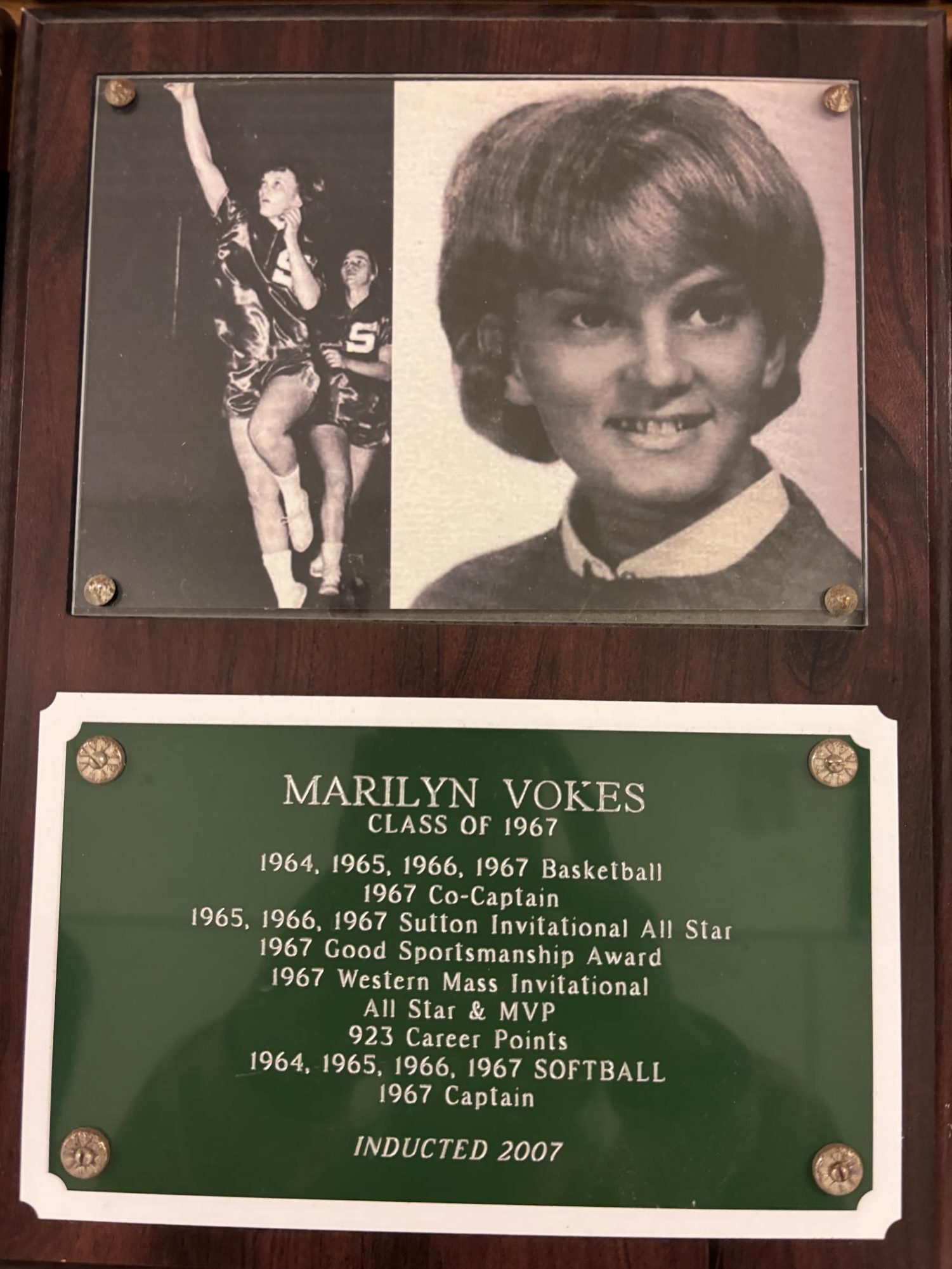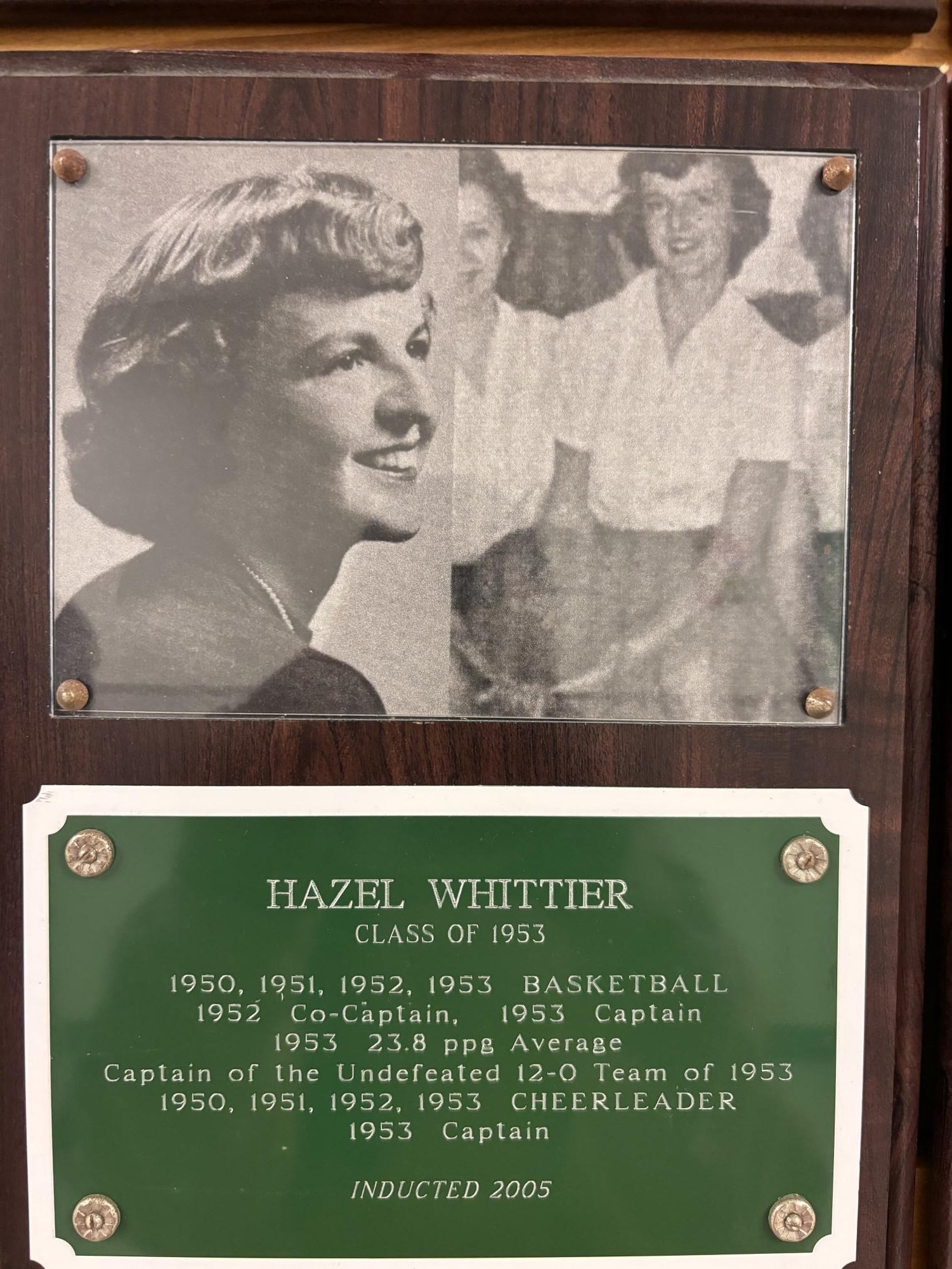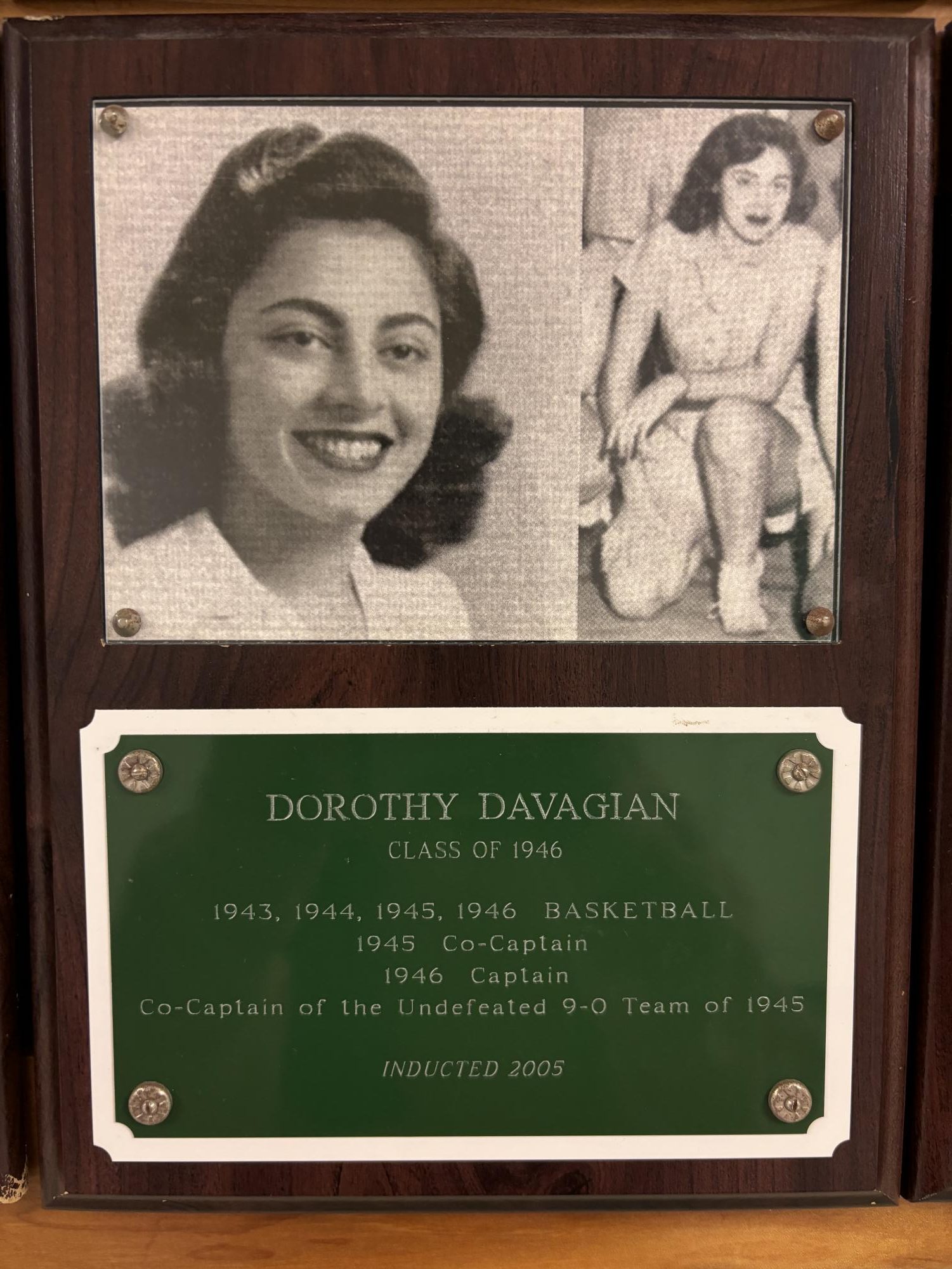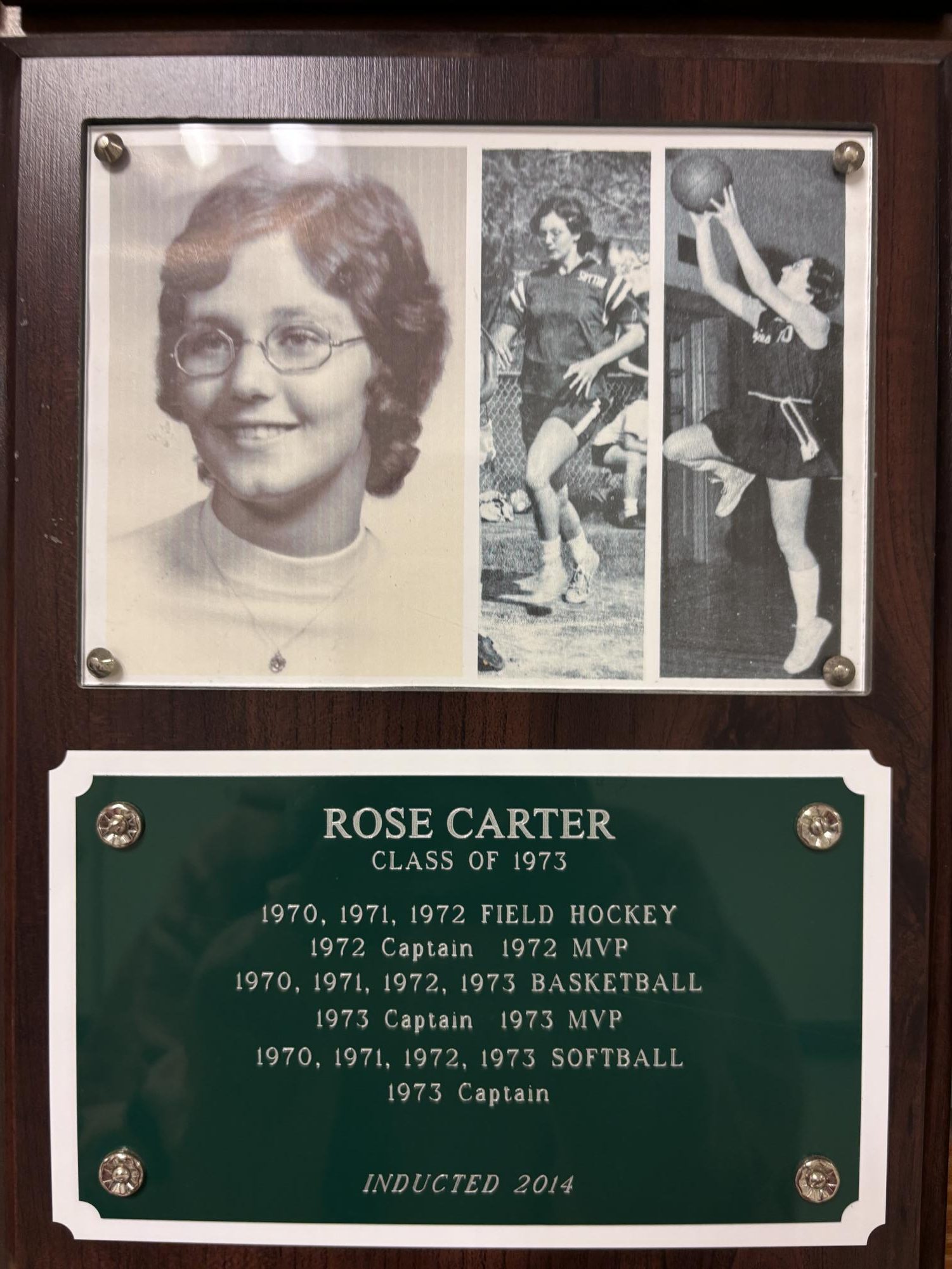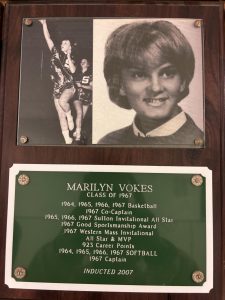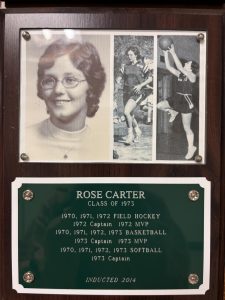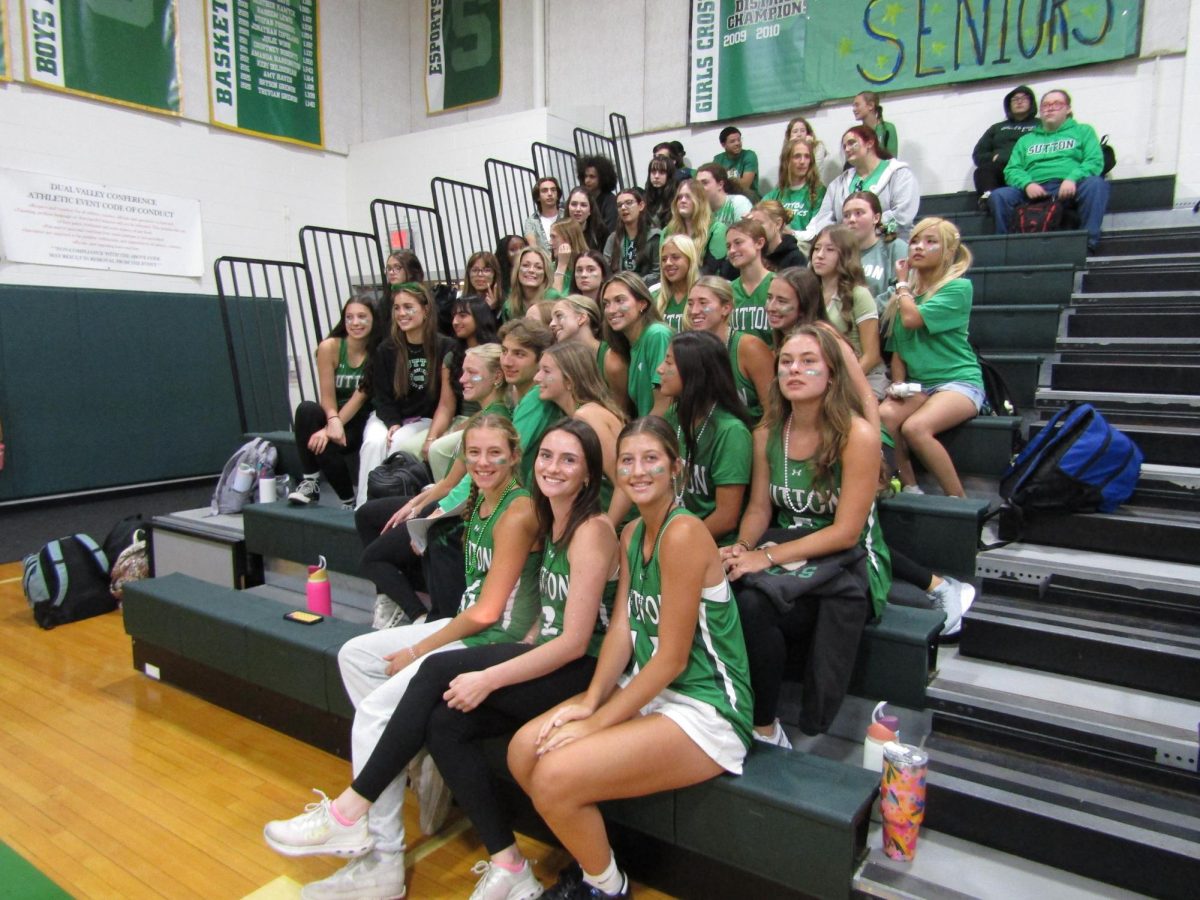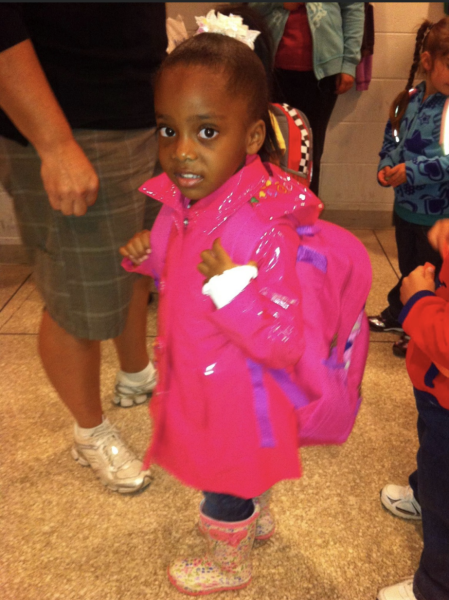Women have participated in sports dating all the way back to the early 1800’s, yet the early sports were simply recreational and they were only sports that were deemed lady-like such as tennis, swimming, or field hockey.
In the late 1860’s, women began forming athletic clubs that allowed them to play in a competitive way with more rules, making it far more formal. This was a big leap for women in sports because before women were encouraged to not exert themselves too much. They were seen as capable only of either a physical or intellectual task, and if they had to do both it was said to be hazardous and threatening to women’s fertility.
In 1892, Smith College introduced women’s basketball as an intercollegiate sport The first teams to actually compete were University of California, Berkeley vs. Stanford and the University of Washington vs. Ellensburg Normal School in 1896.
For the first time, women competed in the 1900 Olympic Games in Paris. Twenty-two women competed in five different sports: tennis, sailing, croquet, equestrian and golf. From there it has grown with women competing in all sports on the program in the 2012 games in London.
The International Olympic Committee (IOC) showed their support of gender equality in sports by stating in The Olympic Charter, Chapter 1, Rule 2.8, that “They encourage and support the promotion of women in sports at all levels and in all structures with a view to implementing the principle of equality of Men and Women.”
The 1920s are considered the “Golden Age of Sports” because there were more opportunities for sponsored sports teams. This allowed women to be able to compete at a higher level. In 1924, the International Women’s Sports Federation was formed which led to more competitions being held for women.
In conclusion, women’s sports have come a long way from women only being able to recreational sports that were deemed lady like to now sports of every kind being offered to women all around the world. This history showcases the determination of women in sports, and has paved the way for future generations.
















